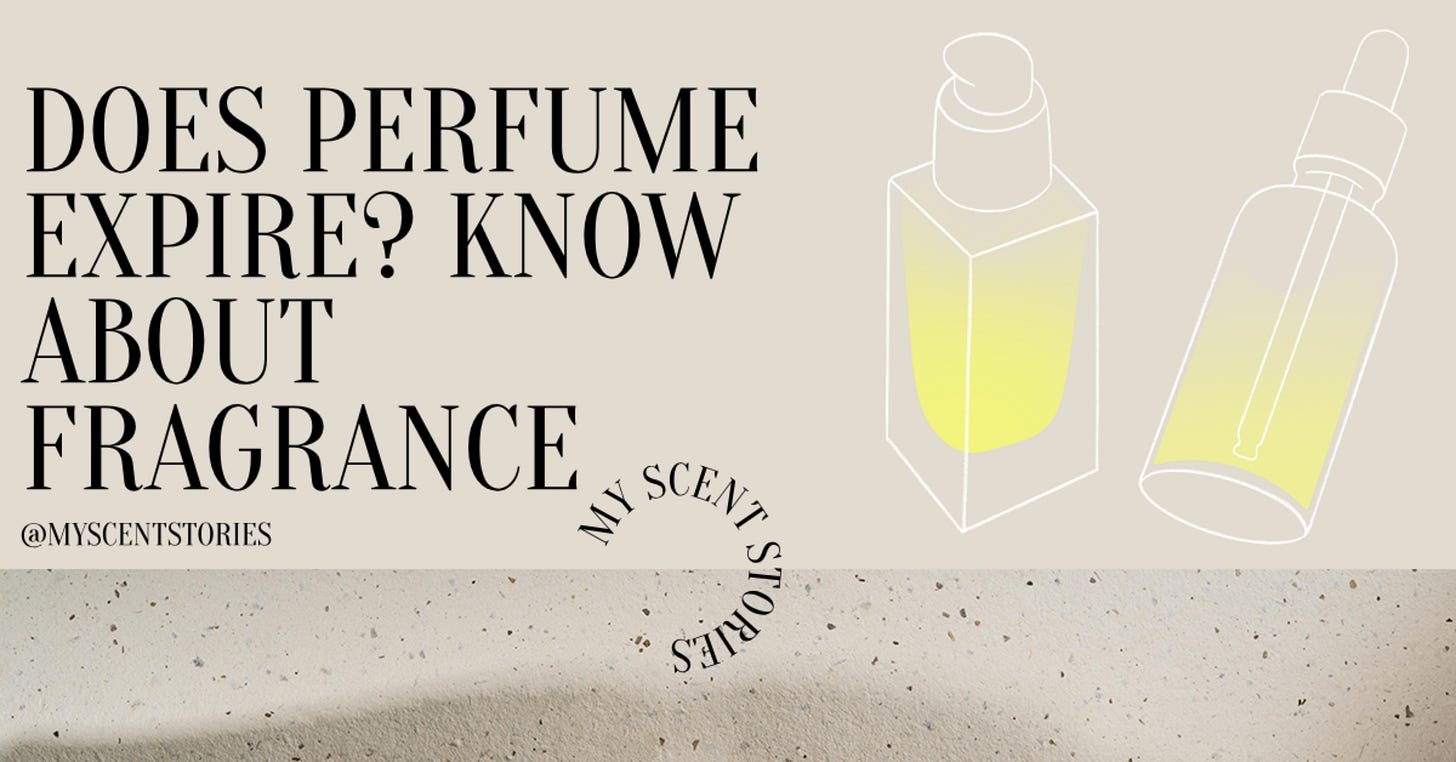Does Perfume Expire? Everything You Need to Know About Fragrance Longevity
How to Tell If Your Perfume Has Gone Bad
Have you ever wondered if your favorite cologne or perfume expires? The answer isn't as straightforward as you'd think. While some might tell you to throw your bottle out after three years, the reality depends on several factors. Let’s break it down.
Do Perfumes Have Expiration Dates?
Yes and no. Some perfumes come with a PAO (Period After Opening) number, which typically indicates a 30-month lifespan. However, this is a general guideline. The true longevity of your fragrance depends on how it’s made and stored.
A better method to check expiration is to find the batch code printed on the bottle or box. You can look up this code online using a batch number calculator or on the manufacturer’s website. These tools tell you the production date, but they don’t consider critical factors like storage conditions or usage.
The 3 Factors That Determine Perfume Longevity
1. Chemical Composition
Perfumes are complex blends of essential oils, alcohol, and other ingredients. Different fragrance types and notes break down at varying rates:
Short-lived Notes: Fresh, light top notes like citrus, green, or aromatic fragrances tend to degrade quickly.
Moderately Long-lasting Notes: Spicy, fruity, or some aromatic fragrances maintain their integrity better than citrus but are still vulnerable.
Long-lasting Notes: Deep, rich scents with amber, vanilla, tobacco, or leather notes age gracefully. Wood-based fragrances, like sandalwood or agarwood, are particularly durable.
Fragrances with delicate top notes are more likely to change scent over time, especially when exposed to air.
2. Exposure to Oxygen
The moment you open a bottle, oxidation begins. Oxygen reacts with the fragrance oils, altering the scent over time. The higher the alcohol content in your perfume, the slower this process occurs.
Interestingly, fragrances with lower alcohol concentrations, such as Parfums and Eau de Parfums, are more prone to oxidation compared to lighter options like Eau de Toilette and Eau Fraîche.
3. Storage Conditions
Proper storage can extend your perfume’s lifespan significantly. Temperature fluctuations, humidity, and sunlight are your fragrance’s worst enemies. Storing a perfume in a hot, humid bathroom or direct sunlight can degrade it quickly.
How to Properly Store Perfumes
Here’s how to protect your investment:
Keep it cool: Ideal storage temperature is under 60°F (15°C). Some fragrance enthusiasts even store their bottles in a refrigerator to maintain freshness.
Avoid sunlight: Store perfumes in their original boxes or in a dark cabinet. Sunlight can break down the chemical compounds.
Limit oxygen exposure: Use perfumes regularly rather than saving the last bit for special occasions. The more empty space in the bottle, the faster it oxidizes.
For travel, use atomizers and avoid leaving your fragrance in a car, where extreme temperatures can wreak havoc.
How to Tell if a Perfume Has Expired
Not sure if your perfume is still good? Watch for these signs:
Scent Changes: Missing or altered top notes are often the first sign of degradation. A citrusy perfume may lose its fresh burst and smell dull or off.
Appearance: Discoloration, darkened liquid, or crystallization inside the bottle indicates chemical changes.
Skin Irritation: If a perfume suddenly irritates your skin, it may have spoiled. Avoid wearing it directly on the skin, though you can test it on clothing.
Why Vintage Perfumes Are Still Popular
You might wonder why people buy vintage perfumes if perfumes expire. The key is proper storage. A vintage bottle kept in cool, dark conditions with minimal oxygen exposure can last decades. However, delicate top notes in these fragrances might still degrade over time.
Fragrance oils have been found intact in historical artifacts like Egyptian tombs—proof that under ideal conditions, perfumes can endure for centuries.
Fun Fact: Why Alcohol Preserves Perfume
The alcohol in perfumes plays a crucial role in their longevity. By keeping oxygen at bay, alcohol slows the degradation of fragrance oils. The higher the alcohol content, the better the preservation. Historically, spice traders and early perfumers discovered that mixing oils with alcohol made them last longer.
Surprisingly, this means lighter fragrances like Eau de Toilette often outlast heavier Parfums in terms of freshness.
Should You Use a 10-Year-Old Perfume?
If a perfume bottle has been sealed and stored well, it’s likely safe to use—even after 10 years. However, if the fragrance shows any of the above signs of expiration, it may not smell as intended.
Final Thoughts
Perfume is more than just a product; it’s an art form. Instead of saving your favorite fragrance, wear it and enjoy it. Proper storage ensures your perfumes last longer, but eventually, all perfumes change. Embrace the fleeting beauty of your favorite scents and make the most of them while they’re fresh.




